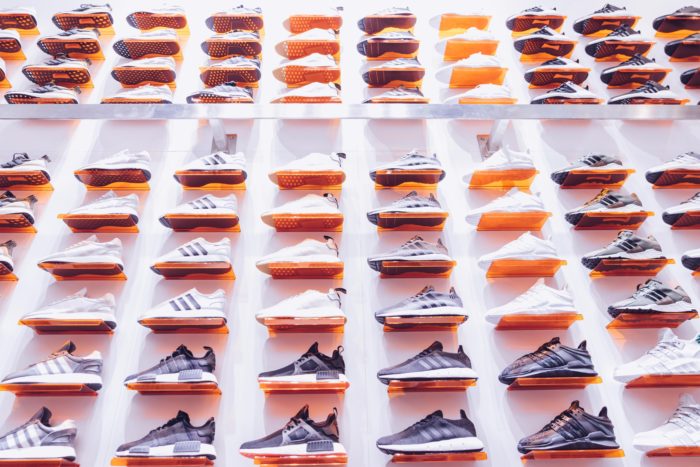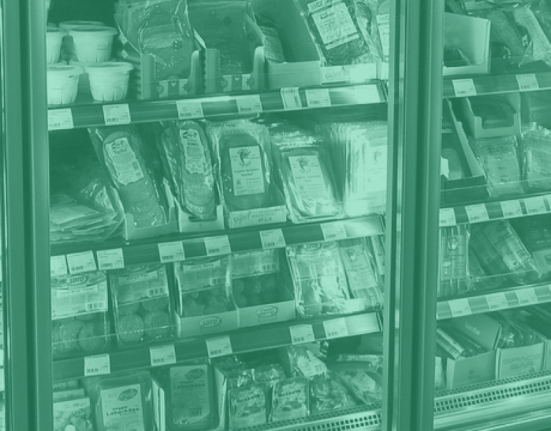The perks of in-store crowdsourced data are endless, but who can benefit the most from these insights? The answer to this question is much more complex than it may seem, but at its core, almost all businesses can benefit.
Before looking at the who, though, it’s important to know what types of data can be collected. With in-store crowdsourcing, you can acquire data on:
- Shelf health
- Employee knowledge
- Store cleanliness
- Customer sentiment
- Competitive intel
- Display compliance
- And more!
The amount of data you can collect will continue to grow as well, thanks to the expanding pool of mystery shoppers and technological advancements. Best of all, finding and stopping issues before they have an impact on your business can make a big difference in the long run.
So, do you need in-store crowdsourced data?
Branded Retailers
Stores that only (or primarily) sell their own brand of products can benefit greatly from the in-store crowdsourced data that Wiser can provide. Stores like Victoria’s Secret, Michael Kors, Adidas, The North Face, and others can use this data to gather information about the condition of their stores, displays within the store, and any/all of their products. In-store shopping is not stopping anytime soon, so making sure all of your stores are up to par is crucial to maintaining customer loyalty and brand integrity.
Without these insights, it would be impossible to know the condition of a majority of your stores and the products within them. Are you launching a new product, or do you need to check in on the day-to-day activities of your stores? Crowdsourced data will give you the ability to do so by providing you with the information you need to make the best business decisions for your company and brand.

Individual Brands
Brands that sell their products in any form of a retail store can use mystery shoppers to collect data on the state of their displays for holidays or sales, on product stock, shelf health, competitive intel, and more. Having damaged products or displays can tarnish the brand image to consumers greatly.
Do these companies need in-store crowdsourced data? The short answer is yes. As your products are distributed to more stores, the likelihood of display compliance at every store decreases. Having customers in-store giving you a first-hand look at the available display, product condition, and/or shelf health can provide beneficial data that can’t be replicated. With those insights, you can take the action needed to ensure your products and displays are shown the way you expect and leave a good and lasting impression on consumers.
Wholesalers/Department Stores/Supermarkets
Retail stores that carry a variety of brands at all times can use mystery shoppers to learn more about the state of their stores, their employee attentiveness, and information on customer sentiment. The products that can be found in these stores have a huge impact on the number of people coming into the store and the number of purchases being made. Gathering information on customer sentiment can be vital to the continuing growth and buying strategies for department stores, wholesalers, and supermarkets.
Another issue that can impact larger stores like these is store cleanliness and employee interaction. If a big value proposition of your store is the helpfulness of your staff, ensuring that they’re greeting customers as soon as they come into the store is important. Unfortunately, it’s near impossible to monitor this behavior without mystery shopping. Within days you can find out which stores are following your brand’s initiatives and which stores need improvement.
Additionally, if you’re adding a new product or brand to your store, you can use mystery shoppers to gauge if the product is something you should invest more in or if it isn’t as beneficial for your brand as intended.

Closing Thoughts
Merchandising issues can (and do) happen daily, but how can we find which stores, products, or displays are impacted by them? You can’t be in two places at once, but you can utilize the vast network of mystery shoppers to find these discrepancies before they have a lasting and damaging impact on brands.
There is no end to the potential value mystery shoppers can bring to any company. Whether you sell its products in retail stores and outlets, or if it has its own chain of stores, mystery shoppers give you the ability to be in thousands of stores at once. The diverse and candid responses can give you honest and actionable insights based on the responses provided by your consumers.
Collecting data is extremely important for any company. Mystery shoppers and in-store crowdsourced data make collecting that data easier while providing useful insights quickly. If you’re asking yourself “do I need crowdsourced data?” the answer is most likely yes.














